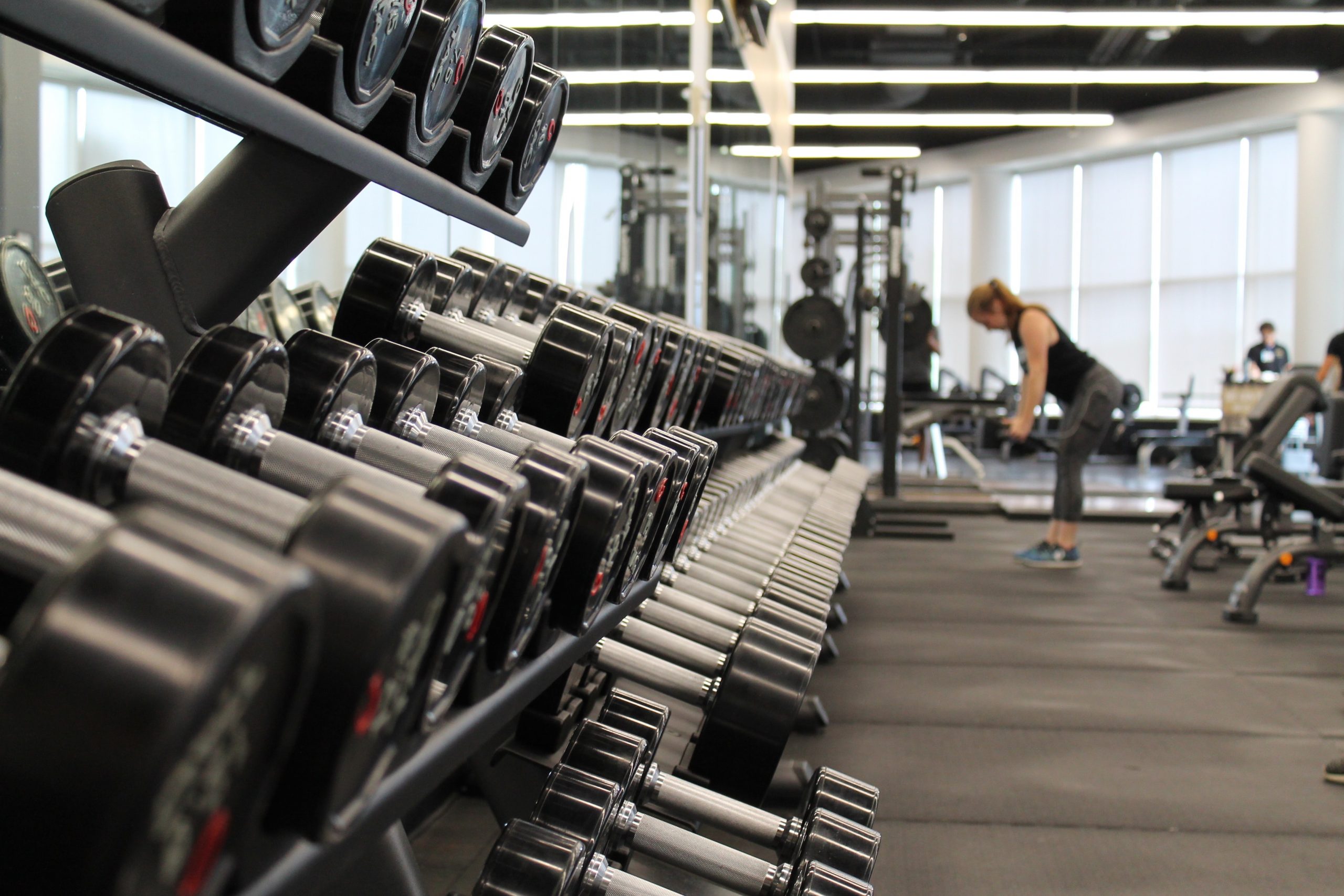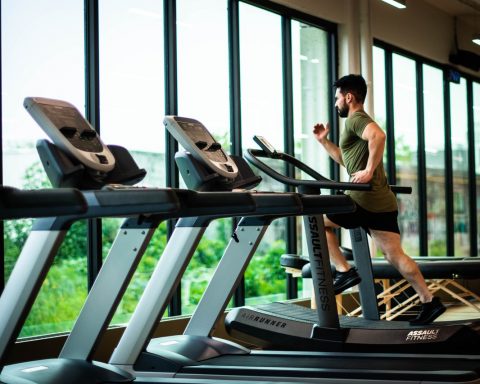Starting a weight training routine can be a bit intimidating for beginners. The gym can be a busy and overwhelming place, filled with complex machines and heavy equipment. You may also feel intimidated by the number of gym attendees who seem like professionals. Regardless, it is important to understand that everyone in the gym was once a beginner like you.
As a beginner, not only will you have to navigate a consistent routine, but also you will have to make sure that you are doing this in the safest way possible. However, with the right mindset and approach, beginners can navigate the gym and start their weight training journey confidently.
Here are some tips to help beginners navigate the gym:
Plan ahead
Before heading to the gym, plan out your workout routine for the day. Having a weekly routine will be helpful when you are a beginner. This will allow you to stay on track and ensure you are paying to all muscle groups on their chosen day. This will also help you stay focused and organised when you arrive, and you’ll be less likely to wander or feel overwhelmed. A lot of time can be easily spent wondering what you should do. Showing up with a plan will automate your workouts and make the time go a lot faster. This might be as simple as copying your favourite fitness person’s workout, or writing down what machines you will use.
Familiarise yourself with the equipment
Take a tour of the gym and ask a staff member to show you around. It may feel intimidating to ask professionals how to use simple machines, but you must keep in mind that they are there for that purpose. Gym staff want all users of the machines to be using them as safely and effectively as possible. Get familiar with the equipment and machines that you plan to use, and learn how to adjust them to your body and fitness level.
Start with the basics
Begin with basic exercises that you can comfortably perform with proper form. Mastering the basics, such as squats, lunges, push-ups, and planks will help you build a strong foundation for more advanced movements. Once you are comfortable and strong enough to use your body weight, you might start to implement free weights to increase the difficulty of the movements. Keep in mind that there is no rush to lift heavy weights, and starting with basic weight-lifting movements will benefit you much more in the long run.
Practise proper form
Proper form is essential when weight training. Good form will give you the best range of motion to build muscle, whilst also preventing injury. Focus on maintaining proper posture, engaging your core, and using controlled movements. Improper form can lead to injury or ineffective workouts which will ultimately slow down your overall progression. If you are struggling with your form or you are not sure if you are doing things correctly, consider asking someone nearby in the gym to watch your form. They will give an outsider’s perspective as to whether or not you are hitting the right form and motions.
Start with lighter weights
It’s important to start with lighter weights and gradually increase the weight over time. Beginners in weight training often feel as though they are strong enough to lift extra heavy weight, which in doing so damages their muscles and prevents them from progressing. Progressive overload is key for effective workouts. This essentially encourages weight trainers to start at a low weight, and slowly increase over time. Starting too heavy can cause injury and discourage progress.
Utilise the help of a trainer
As mentioned, the personal trainers are there to help. Consider working with a personal trainer, at least for a few sessions to get a good understanding as to what workouts would be valuable to do for your weightlifting goals. They can help you develop a safe and effective workout plan, teach proper form, and offer motivation and support. Trainers can also act as accountability partners when you are struggling to stay consistent in the beginning. You will feel more inclined to show up for your sessions if you know someone is there waiting to motivate you.
Be respectful of others
Remember that the gym is a shared space, and be respectful of others’ time and space. Whilst it will take you some time to perfect the weight lifting fundamentals, you should also allow others to use the spaces and equipment if you are taking an excessive amount of time on them. Consider taking turns for sets with other gym members who are waiting to use the machines you’re on. They will likely give you some great pointers and tell you how to improve your form. Don’t hog equipment, clean up after yourself, and avoid using your phone excessively.
Be patient and consistent
Consistency is key when weight training. Weight training is not a race, it is a slow and constituent part of a healthy fitness routine that people from all fitness backgrounds should be implementing. There is no rush to beat your heaviest weight, and instead, you will be doing yourself a favour just by showing up to the gym daily. Stick to a routine, be patient with yourself, and celebrate your progress, no matter how small.
Dress for the occasion
Finally, if you are looking to consistently show up to the gym and enjoy your beginner’s weight-lifting experiences, you should consider investing in some new gym outfits. Looking your best can help you feel your best, so wearing gym leggings that will not only support your muscles but will also make you look good is a win-win. You might consider taking inspiration from your favourite fitness inspirations or consider wearing something that has your favourite colours on it.
Conclusion
In conclusion, navigating the gym as a weight training beginner can be overwhelming, but it doesn’t have to be. Whether in a home gym or a public gym, it is simpler than it sounds. By planning, familiarising themselves with the equipment, starting with the basics, practising proper form, starting with lighter weights, utilising the help of a trainer, being respectful of others, and being patient and consistent, beginners can confidently navigate the gym and start their weight training journey. Remember to listen to your body and seek guidance from a professional if you experience pain or discomfort.








